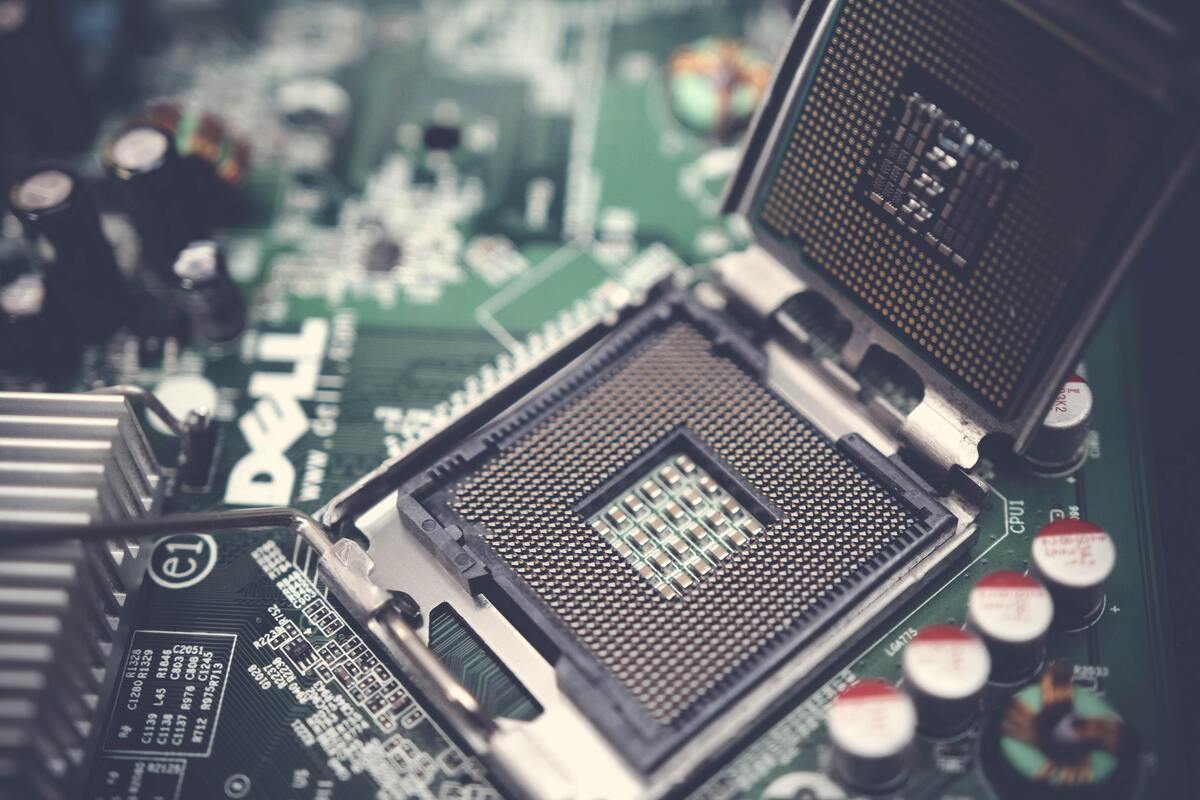[ad_1]
Q: How can I get a PC for cheap?
A: The best times to buy a new PC for cheap are during major sale events like Black Friday, Prime Day, and back-to-school sales in the U.S. (Despite the exchange of gift cards and cash during Christmas, discounts on Christmas Day and the week following generally disappoint.) Keep an eye out for “doorbuster” or lightning deals during Black Friday in particular, as those limited-time offers can drop prices very low.
To get truly dirt-cheap, though, you’ll have to buy used. Strategies for buying used vary, but almost universally, the best payoffs come locally. I prefer to start by looking up the resale practices of local universities and school districts, as some sell surplus gear to the public and the buying process can be less nerve-wracking than interacting with private sellers. Depending on your area, you may be able to score an incredible deal. Last fall, I found a batch of Ivy Bridge-era laptops starting in the mid-$100s on a K-12 school auction site, which would have worked out well as DIY Chromebooks.
Another good place to check out is /r/hardwareswap on Reddit, which has clear guidelines for how to trade safely and a feedback system for users. On that subreddit, you’ll find a mix of computer components and fully built-out systems, so it’s a particularly good resource for people who want to build their own cheap PC and customize it to their tastes—or do a cheap upgrade to an existing PC to make it feel new again.
 Pok Rie / Pexels
Pok Rie / PexelsThe /r/hardwareswap subbreddit can be a good source for gently used PCs and PC components.
After that, Facebook Marketplace listings are worth a look, with Craigslist and eBay being the final options, given the presence of potentially fraudulent sellers and / or the need to conduct in-person transactions. For eBay, you may have more success with the auctions if you limit your search to items only available for local pickup.
If you do buy used, be sure to vet all listings thoroughly—make sure to take note of any flaws or damage, and be especially vigilant about items that are being sold “as-is.” You may be able to transform a banged up part into a working one, but you also may not. I have a friend who bought a CPU with broken pins, thinking he could repair it and net an uber-cheap working 2700X. Cue violins. (Fortunately, he hadn’t spent much on it, and the seller had been very clear they didn’t know if it would be repairable.) You can turn a gamble into a more minimal risk with careful research and self-honesty about what you’re able to repair or tweak.
Welcome to Ask an Expert, where we tackle your questions about PC building. Have your own burning concern? Shoot us an email at thefullnerd@pcworld.com.
[ad_2]
Source link